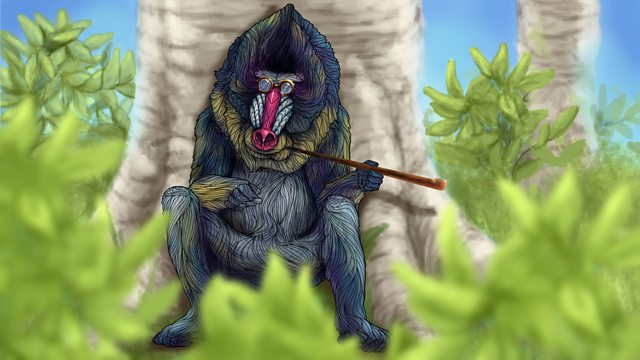
Chameleon
Brett Westwood spots a chameleon and investigates how this master of disguise has led us to ask big questions about how we adapt to the different environments we find ourselves in
Brett Westwood spots a chameleon and investigates how this master of disguise has led us to ask big questions about how we adapt to the environments we find ourselves in. John Keats coined the term 'the camelion poet' to describe a curiosity to explore situations and settings outside of usual experience that may be at odds with expected morals and personality. He argued that being chameleon was to take on poetic guises separate from the 'self'. Shakespeare was said to embody his characters to the extent that it was hard to know his own personality. Throughout his life, David Bowie was described as a 'musical chameleon' but was frustrated at the description, while the poet Jack Mapanje embraced the chameleon's ability to camouflage and used it as a way of voicing his political views under a cloak of ambiguity in his collection 'Of Chameleons and Gods'. Brett talks to reptile expert Rob Pilley, colouration scientist Devi Stuart-Fox, poet Jack Mapanje, English lecturer Stacey McDowell, sociologist Eoin Devereux and folklore expert Marty Crump. Readings by Finlay Robertson and Michael Flanders. Producer: Tom Bonnett
Podcast
-
![]()
Natural Histories
Stories of nature’s impact on human culture and society through history.

